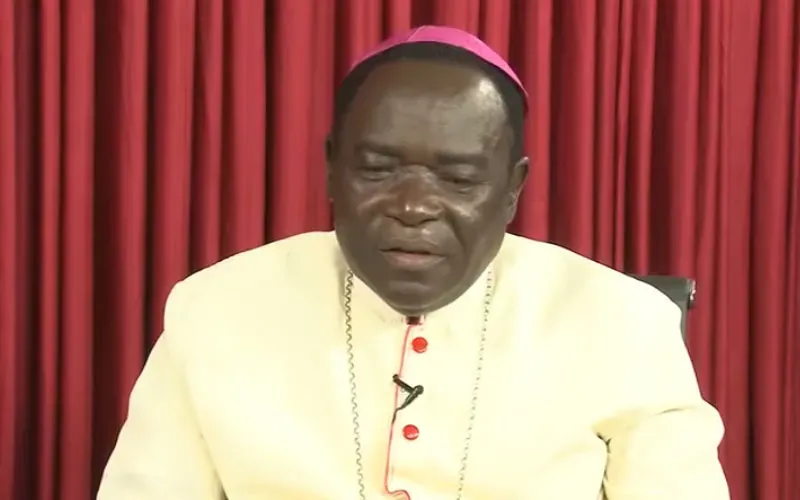"Lack of confidence with the political process in the country accounts for voter apathy,” Bishop Kukah further says in his statement published by The Kukah Centre.
The Local Ordinary of Sokoto Diocese explains, “Nigerians have become despondent and convinced that their votes would never account. This has opened up politics to those men and women of violence who have taken our nation hostage by violence.”
The new law is a turning point because it demystifies Nigeria's electoral process, he goes on to say, and adds, “The scales will fall from our eyes, the walls separating lies and subterfuge, which have allowed too many camels to pass through the eyes of the needle of truth will fall.”
He continues, “The clarity of the process will naturally empower citizens that their vote has power and encourage them to go out and vote. Those who have taunted the system have their days numbered.”
The new law is a turning point, Bishop Kukah says, because “citizens will now take full responsibility for their votes and how they cast them.”
“The stock market of fake electoral currencies is now closed. We cannot blame anyone now for our misfortunes if we vote wrongly. The days of whether-you-voted-for-us-we-must-win will end. Yesterday was for the thief, today is the day for the owner of the vote,” he says.
He further expresses optimism in what the new law portents saying “fake and midnight pastors and Imams may have to look elsewhere for cheap money from politicians desperate for endorsement.”
“Very soon, our anointing oils or royal blessings will no longer be required for the manufacturing of votes,” Bishop Kukah says.
He continues, “There are no prayers for winning elections just as there are no prayers for stopping the traffic lights. Corrupt judges waiting for Tribunals to ambush the process along with their high-profile lawyer counterparts now have to look elsewhere.”
Applying the new law of electronic transmission of poll results, the technology “will shame those who have invested in preying on the ignorance and vulnerability of their people and continue to exploit them,” Bishop Kukah says.








